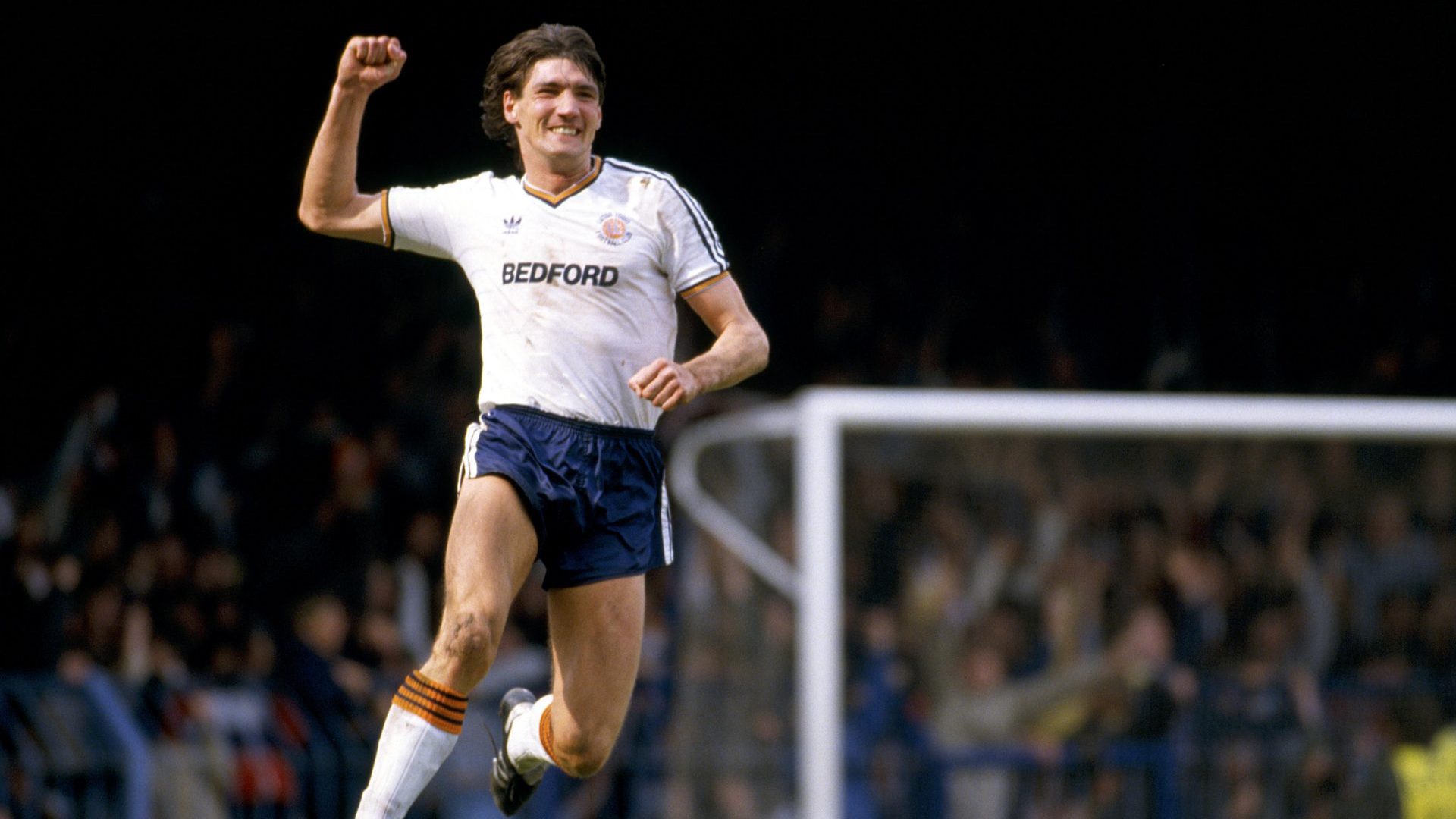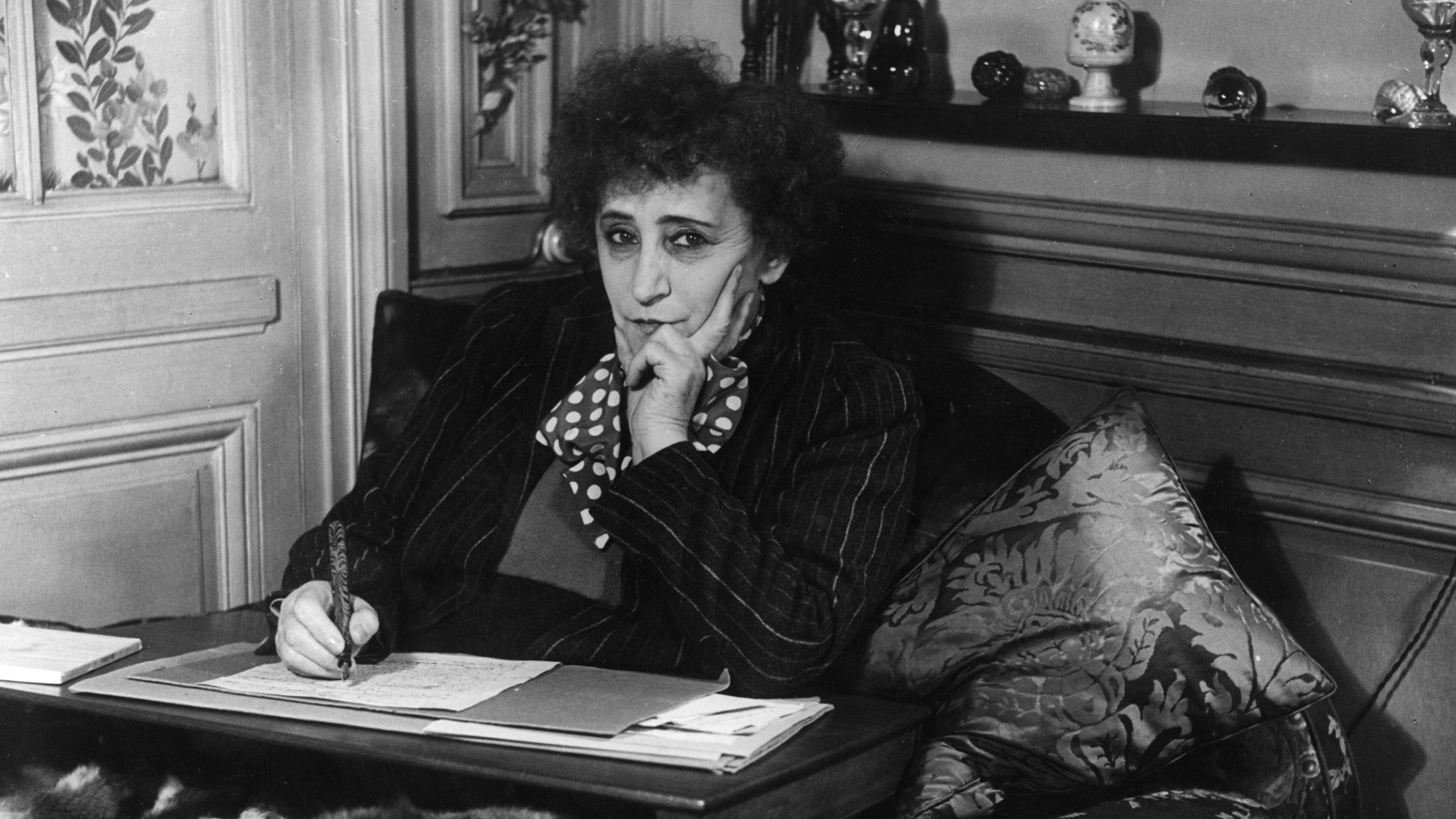When the Saudi Arabian owners of Newcastle United casually tossed £45m into the January transfer window to buy Everton’s winger Anthony Gordon,
it demonstrated that football is now state-sponsored moneyball. Gordon is energetic, right enough, but on the cusp of his 22nd birthday, he effectively downed tools to force his boyhood club to sell him.
The same Saudi oil well has committed to paying Cristiano Ronaldo £175m a year to play in the desert for what remains of his illustrious career. Cristiano, possibly the fittest 37-year-old in boots, wants us to believe that it isn’t the cash, it is breaking new ground that attracted him east.
Good luck to them. Certainly, one should feel no ill will towards Geordie folk, many of whom have dreamed for a lifetime for their city’s one and only club to be competitive among the giants. And, indeed, the work that Eddie Howe, from England’s southern coast, has done to improve players he inherited at Newcastle shows that wealth alone does not lift a team to where it thinks it belongs.
In contrast, I give you Mick Harford. He was born and bred in the north-east, but a Sunderland fan. Big Mick, as they called him through a 21-year career that included 10 clubs and two England caps, was a big, raw, combative centre-forward. His shortest and worst spell with a club was the 18 games he spent on Tyneside as a Newcastle player. His best decade as a player, best life experience, was and is with Luton Town.
Harford turns 64 this month. He is Luton’s chief recruitment officer, responsible for identifying and persuading players to join a club that keeps pressing for promotion to the Premier League on a budget that would not pay for Ronaldo’s big toe. And on a tenth of the salaries that other teams in Luton’s division pay players.
Luton and Harford are stories of human recovery, both as a club and as a man. They operate on the proverbial shoestring, having no choice but to let
players go, in this and every window, when a wealthier suitor calls.
In January, their polished right-back James Bree left to join Southampton for a Premier League opportunity and Premier League wages. He was bought by Nathan Jones, the recent Luton team manager who for the second time in his career was enticed away to bigger clubs. Jones cut his coaching teeth at Luton, and each time he came and went he was replaced on an interim basis by Harford.
“I and the board love Mick,” said Gary Sweet, Luton’s chief executive. “There are very few people in this world that I’ve got more respect for than Mick. I trust him 100%, and it’s poignant that after the battle he’s been through he can actually stand in full of energy.”
The battle, the trust, the poignancy are related. They are the thread that binds Harford and the club for which he scored at Wembley when Luton beat Arsenal in the League Cup final 36 years ago. Since then the club and
the man have been broken. Luton sank out of the Football League altogether
when the FA made an example of the club by hammering it with a 30-point penalty in 2009 for financial irregularities.
Like many clubs in the leagues, the Hatters breached financial rules. Unlike some who to this day dodge and weave past so-called financial fair play, they could not afford to pay lawyers to evade UEFA’s regulations. Luton’s punishment was singularly destructive, and despite the fact that the club has somehow worked its way back up the leagues, despite paying the equivalent of a penny in the pound to players and staff, the hope of relocating from their decrepit old stadium to something fit for the new age is literally older than Mick Harford’s time on Earth.
I keep coming back to him for a reason. Harford will do everything and anything for the club and the community in Bedford. And they for him. He is in his third year in remission from prostate cancer that spread to the groin and the lymph nodes.
“Big Mick, We’re With You Every Step” read an enormous hoarding outside the club entrance when he returned to work, to life. He had 39 bouts of radiotherapy. He is still on medication and watched over by oncologists. He is still the heart of his football community. Last year – when he was on the golf course at an event raising funds for Prostate Cancer UK – he received texts from Alex Ferguson.
Sir Alex, who survived brain surgery, reached out in the darkest hour of a man who long ago he tried and failed to take to Old Trafford as his striker. They are two of a kind, Fergie and Harford. Both are rough and tough old school centre-forwards, a world apart from the game’s high finance, sharing a common cause. The many other well-wishers included old centre-backs who fought boot and claw against him.
Sport in its darkest hours mirrors life. Men – and nowadays women – will scrap and fight to win a game and to make their fortune. But when life is
threatened, they are one.
Whatever entices states and venture capitalists to football, their ownership
is transitory. In the so-called ‘little’ clubs – the likes of Luton – it is life.




